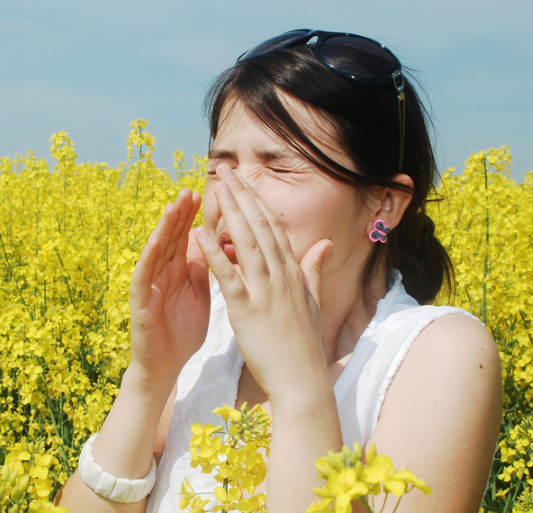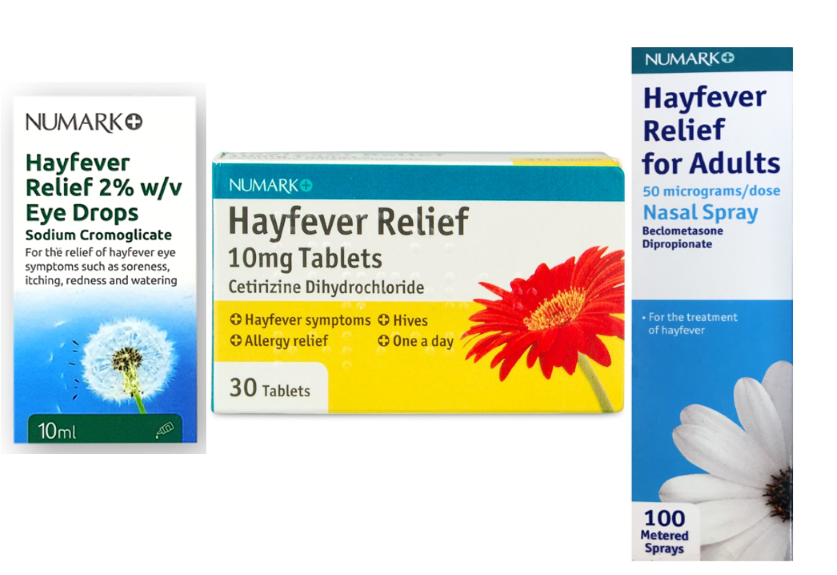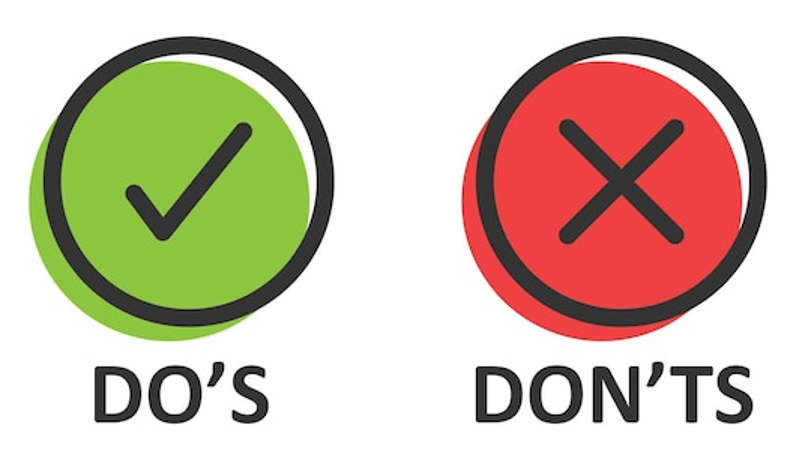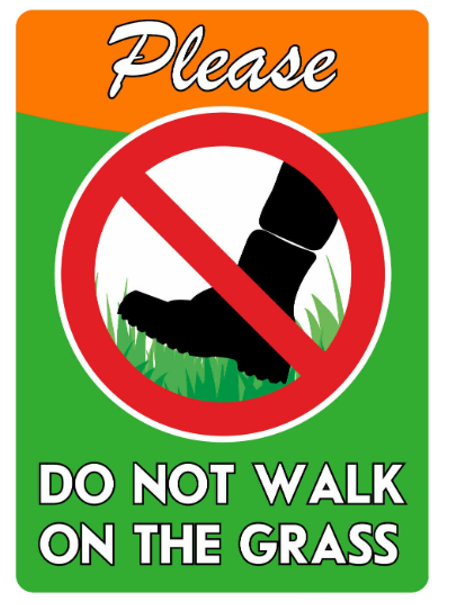Hay fever
Allergy UK Hay fever reminds us that hay fever is a common allergic reaction. It is a reaction from pollen and affects both adults and children. It is also known as seasonal rhinitis, sharing symptoms with perennial (year-round) rhinitis, but being limited to the early spring and summer months when the pollen count is highest.
According to the Allergy UK Hay fever download hay fever is believed to affect around 10-15% of children and 26% of adults in the UK. Although it can affect both adults and children many people find their symptoms improve as they get older. Around half of people report some improvement in symptoms after several years. Symptoms disappear completely in around 10-20% of people.
There are three sources of pollen and people can be allergic to one or all following:
- Grass pollen – released during the end of spring and beginning of summer (May to July)
- Tree pollen – released in the springtime (February to June)
- Weed pollen – released between early spring and late autumn (June to September).
Because of this hay fever is usually worse between late March and September, especially when it's warm, humid, and windy. This is when the pollen count is at its highest.
Pollen is an irritant and when it comes into contact with the mouth, nose, eyes and throat, it will trigger an allergic reaction.
Common symptoms include:
- Sneezing and coughing.
- A runny or blocked nose.
- Itchy, red, or watery eyes.
- Itchy throat, mouth, nose, and ears.
- Loss of smell
- Pain around the temples and forehead
- Headache
- Earache
- Feeling tired
If a customer / patient has asthma, they might also:
- Have a tight feeling in their chest.
- Be short of breath.
- Wheeze and cough
Hay fever will last for weeks or months, unlike a cold, which usually goes away after 1 to 2 weeks.
Antihistamines are the usual treatment for hay fever and are available in nasal sprays, eye drops and tablet form.
Top tips to advise your customers who have hay fever:
- Check pollen count daily and avoid going out when its high. A great place to check this is the Met Office Pollen Forecast.
- Keep their windows closed when there is a high pollen count.
- Use their antihistamines regularly during the times of highest pollen count. (Not just as and when required).
There are also some top tips that customers can be advised to do including:
- Put Vaseline or equivalent around nostrils to trap pollen.
- Wear wraparound sunglasses to stop pollen getting into the eye.
- Shower and change clothes after being outside to wash pollen off.
- Stay indoors whenever possible.
- Keep windows and doors shut as much as possible.
- Vacuum regularly and dust with a damp cloth.
- Buy a pollen filter for the air vents in your car and a vacuum cleaner with a HEPA filter.
- Try to stay at home and avoid contact with other people if they have a high temperature or they do not feel well enough to do their normal activities.
There are also some top tips that customers can be advised to not do including:
- Not cutting grass or walking on it.
- Not spending too much time outside.
- Not keeping fresh flowers in the house.
- Not smoking or being around smoke because it makes the symptoms worse.
- Not drying clothes outside because they can catch pollen.
- Not let pets constantly in and out of the house because they carry pollen indoors each time they come in.
Please also remember that Hay fever is an ideal opportunity for communicating with your customer and link selling and there are very useful Counter Excellence modules on Customer Engagement https://learning.numarknet.com/counter-excellence/customer-engagement Medicines Sales Protocols https://learning.numarknet.com/the-medicines-sales-protocols and Customer Service and Selling Skills https://learning.numarknet.com/counter-excellence/customer-service-selling-skills which help support this.




